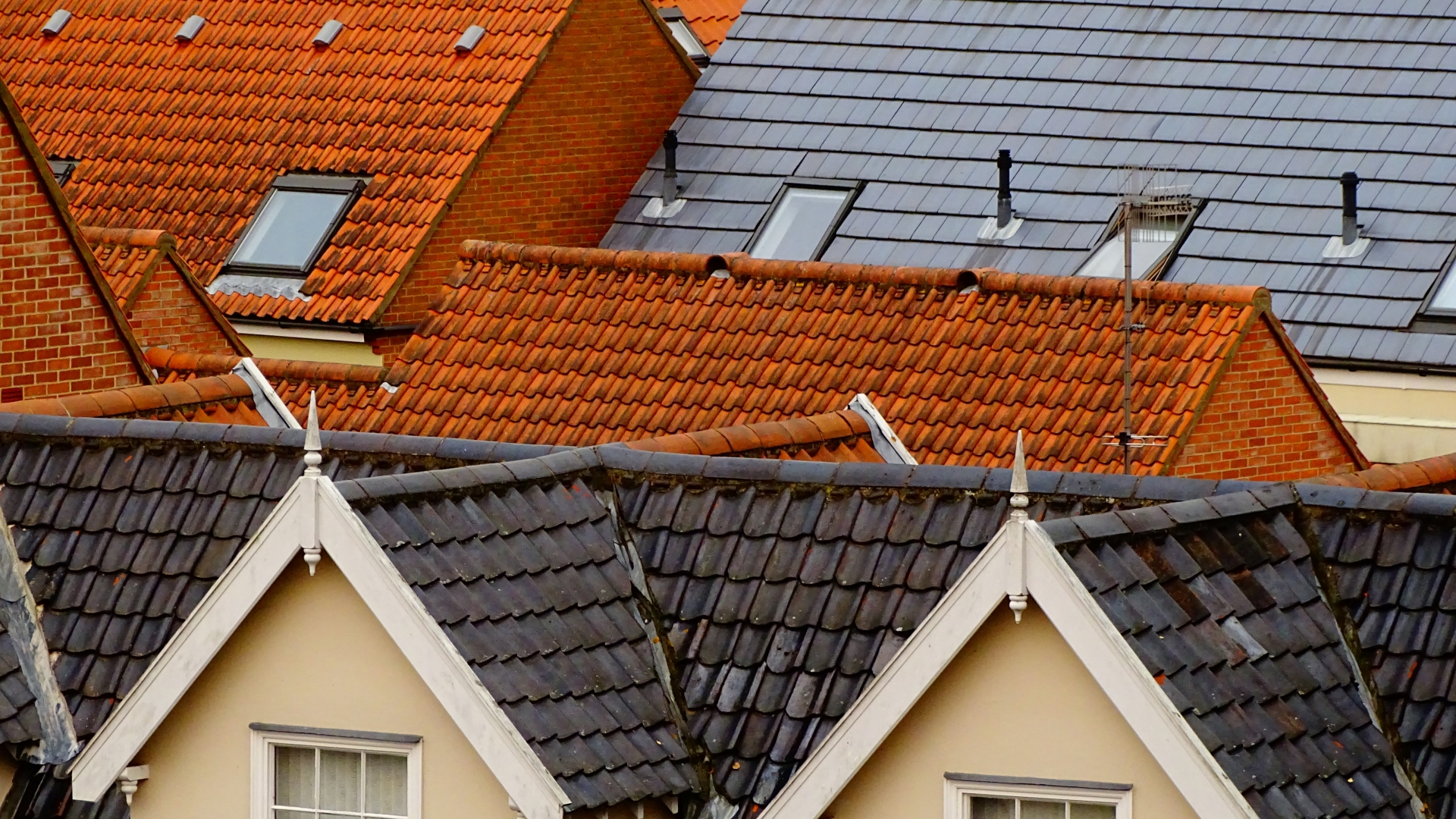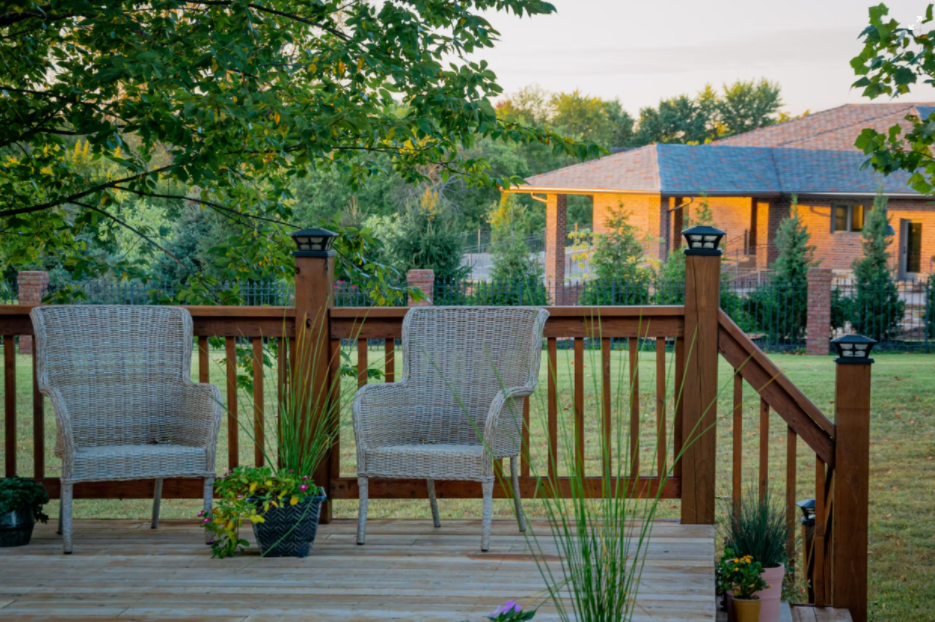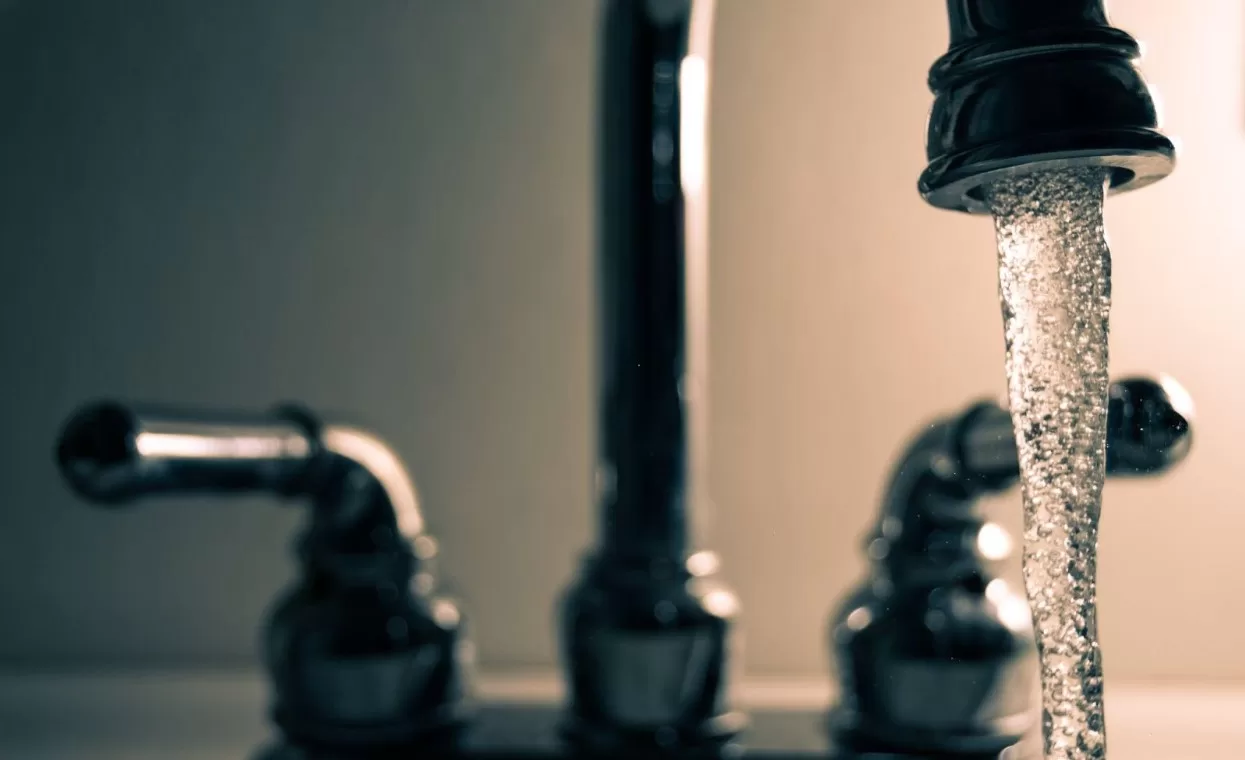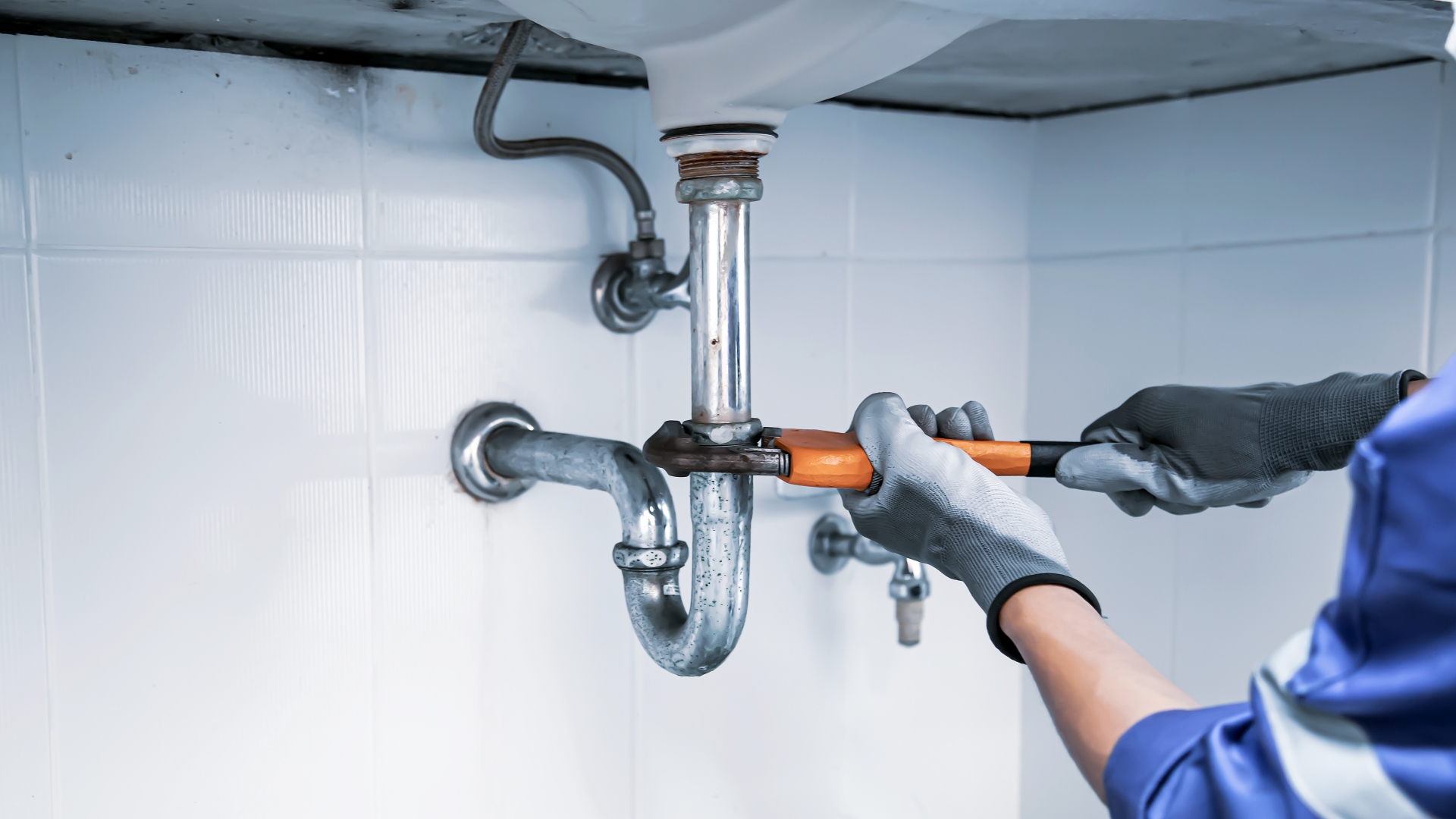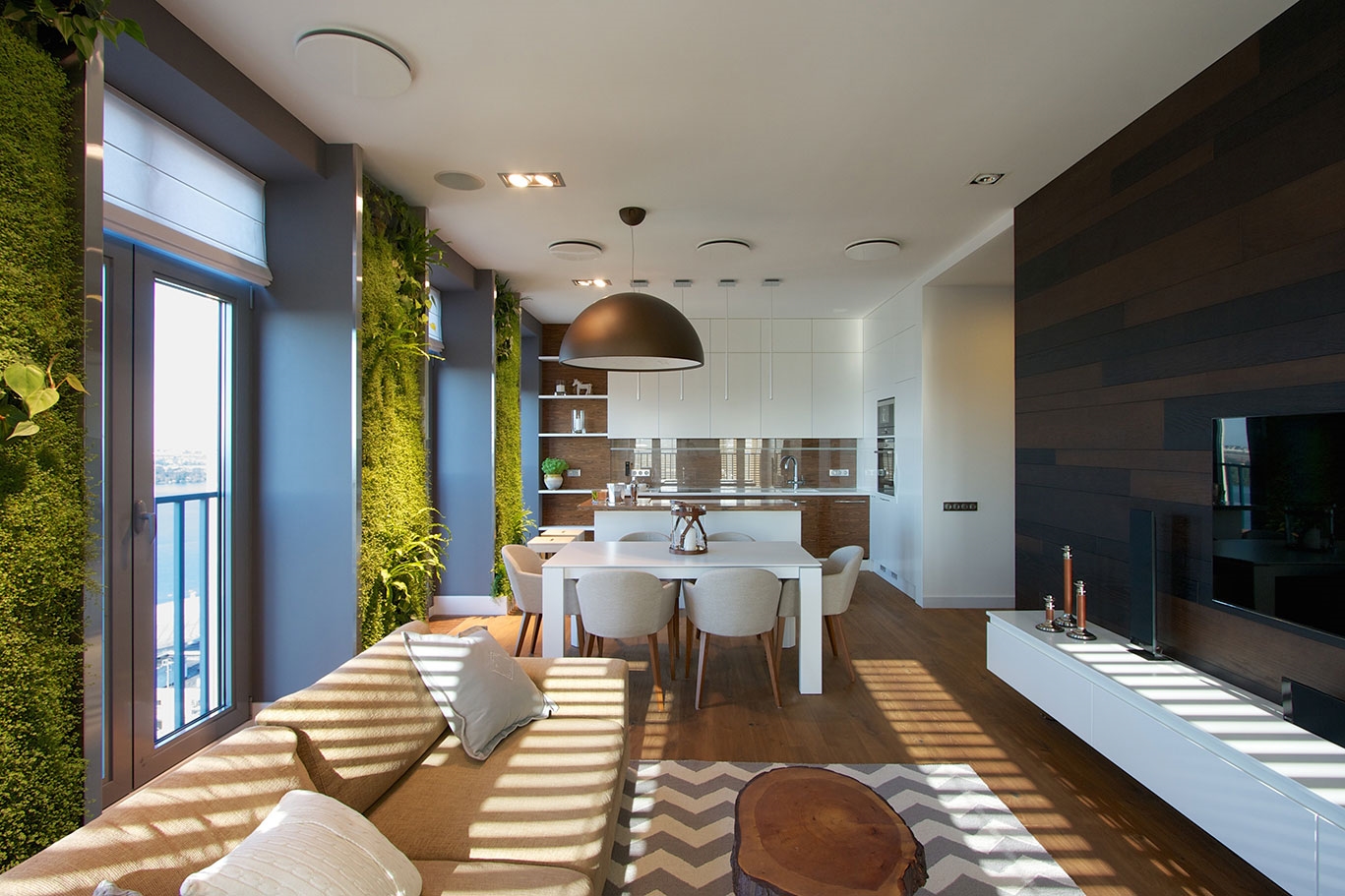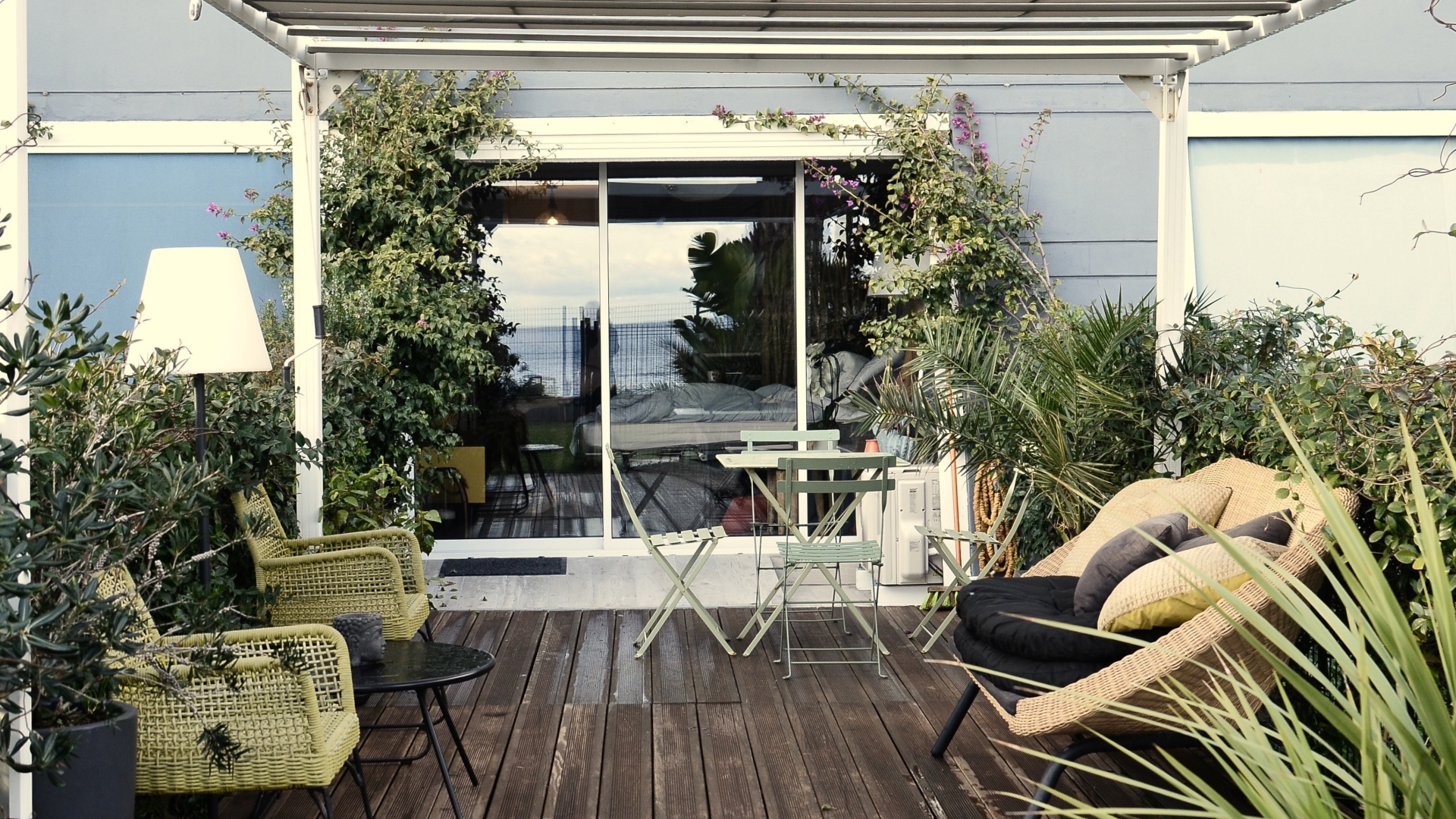If your energy consumption bill is increasing, but you can’t determine why, you can start to determine the cause by carrying out an energy audit. This is a collection of processes that measure, analyze and report a home’s energy use. It will help you identify precisely where your energy is going. Here are possible issues to address.
Inadequate Insulation
If your insulation is over 10 years old, there’s a good chance it’s not working as efficiently as it should. Insulation keeps your home warm in the winter and cools the space in summer by preventing heat transfer. Not having any insulation means that the heat flow is uneven.
You’ll be using more energy to keep the temperature comfortable. Have a technician inspect the property, then replace or add insulation if necessary. Your choice depends on where you live and the type of property. If you experience extreme temperature variations, go for something more substantial.
Improperly Sized HVAC System
An incorrectly sized system won’t do its job correctly. The air will either be too hot or cold. You’ll have to keep adjusting the temperature. As a result, your energy consumption rate increases significantly. A small unit has to work extra hard to bring the temperature up.
Conversely, a unit too large will constantly cycle on and off due to its inability to maintain the desired temperatures. An HVAC system should be appropriately sized based on insulation, property size, and local weather conditions.
A Poorly Maintained HVAC
An unmaintained system will be less efficient and may need repairs or a replacement. Over time, dirt, dust, and debris build up on the internal components. As a result, the system will use more energy than necessary to heat or cool the space.
Remember to change the filters regularly, carry out an annual tune-up, and repairs when needed. Opt for high-efficiency air filters to improve air quality while reducing energy consumption. If the system is over 10 years old, replace it with a newer model. These are more efficient, saving you money in the long run. They also come with advanced features enabling users to monitor energy consumption and make adjustments.
Drafts and Leaks
Any opening, no matter how small, will allow conditioned air to escape increasing your energy bills. Use caulk or weather stripping to seal any gaps in windows and doors. Have an expert inspect the property for potential air leakage points and remedy them immediately. Additionally, replace the windows with more energy-efficient double or triple-pane models if they are old single-pane. These have a low-E coating to reduce heat loss or gain through the glass.
Bad Habits
You may also be paying more due to bad habits. For instance, keeping the lights on all day or leaving the AC running when not in the room. Opt for LED lights, which are more efficient. Install a programmable thermostat to adjust the temperature automatically when you’re away.
These are just some of the ways to reduce your energy bills. Carrying out an energy audit will identify other areas of improvement. Remember to check the insulation quality and the HVAC system’s condition to ensure optimum efficiency. The more energy-efficient your home is, the lower your monthly utility bills will be.




